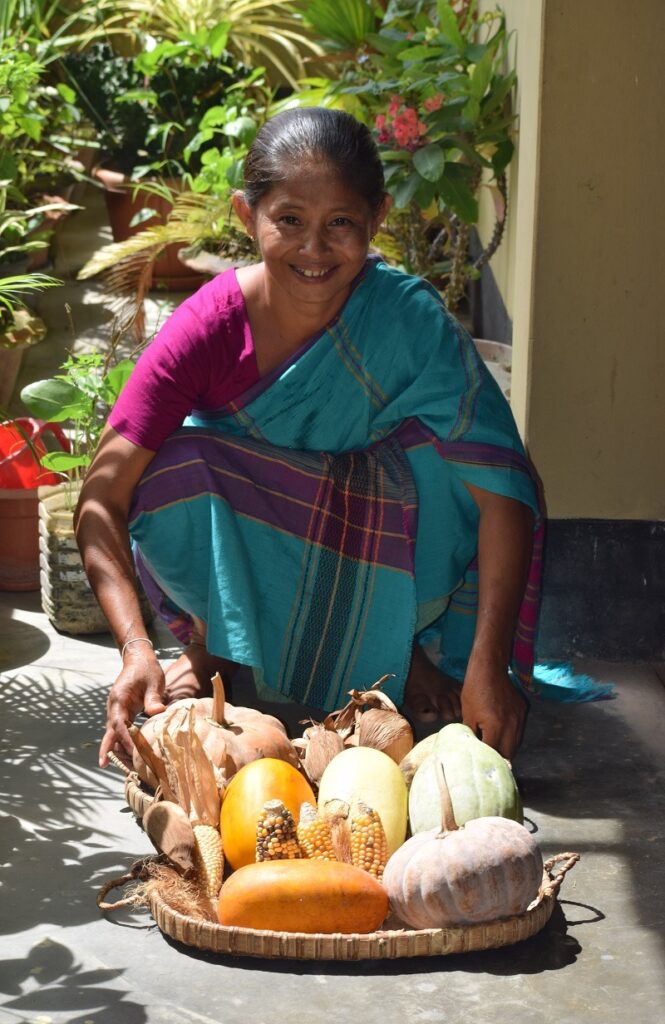Preamble Massage from the Editor
Chittagong Hill Tracts is located in the South Eastern part of Bangladesh that comprises of the three Hill Districts of Bandarban, Rangamati and Khagrachari. It shares common international border with Myanmar and India (the states of Mizoram and Tripura). The region is largely hilly and rocky which made the region different from other parts of the country. There are 11 ethnic communities have been living with their rich cultural practices and heritage from time immemorial. The ethnic communities have been living with subsistence based economy, which is largely dependent on forest. Besides plough cultivation, fisheries, livestock and poultry, the jum or hill firming and gathering of forest produces are major sources of traditional livelihood of the people of the region. Therefore, these peoples have strong indigenous knowledge and practices on natural forest management which nurtured and conveyed for generations for maintaining livelihood. CHT is special zone of Traditional knowledge and biodiversity. Climate resiliency and food security are major concerns of IPs which has connection with traditional knowledge.
In this regard, Trinamul Unnayan Sangstha (TUS) implemented a project titled “Enhancing Food security and Climate resiliency through Traditional Knowledge” supported by Asia Indigenous Peoples Pact (AIPP) and funded by PAWANKA Fund (Indigenous Ways of Knowing & Learning Fund) from 01 July 2019 to 30 April 2021. Under this project TUS experimented the degree of resilience and viability of some traditional crops such as Jummo Humoro/Jum Pumpkin, Jummo Tumbaj Humoro/Jum Aromatic Gourd, Jummo Susmoris/Jum Chilly, Jummo Mokke/Jum Maize, Sorbo Tidegulo/Jum Biter Gourd, Jommo Mammara/Jum Marfa, Juro Alu/Jicama, Tettogulo/Bitter Gourd and Jummo Deroj/Jum Okra through ten demonstration plots. TUS also assessed marketability of these crops to scale up production and sustain the traditional practices in adaptive manner using Traditional Knowledge. Thus, TUS documented the cultivation processes, harvesting techniques, seeds collection and preservation techniques of the traditional and local crops. To promote and recognize the contribution of Indigenous communities’ in the sector of sustainable agriculture and livelihood TUS published the ‘Traditional Knowledge for Resilient Livelihood: Agriculture sector’ book.’

Hence, I would like to take the opportunity to express our gratitude to all Jumias and farmers who enriched the book by providing information or data. All credit goes to my colleagues who assisted me to collect, compile and review the data. I hope this book will help those guys who feel interest to do research on sustainable resilient livelihood in Chittagong Hill Tracts.
Ripan Chakma
Download the publication here: TraditionalKnowledge_TUS
